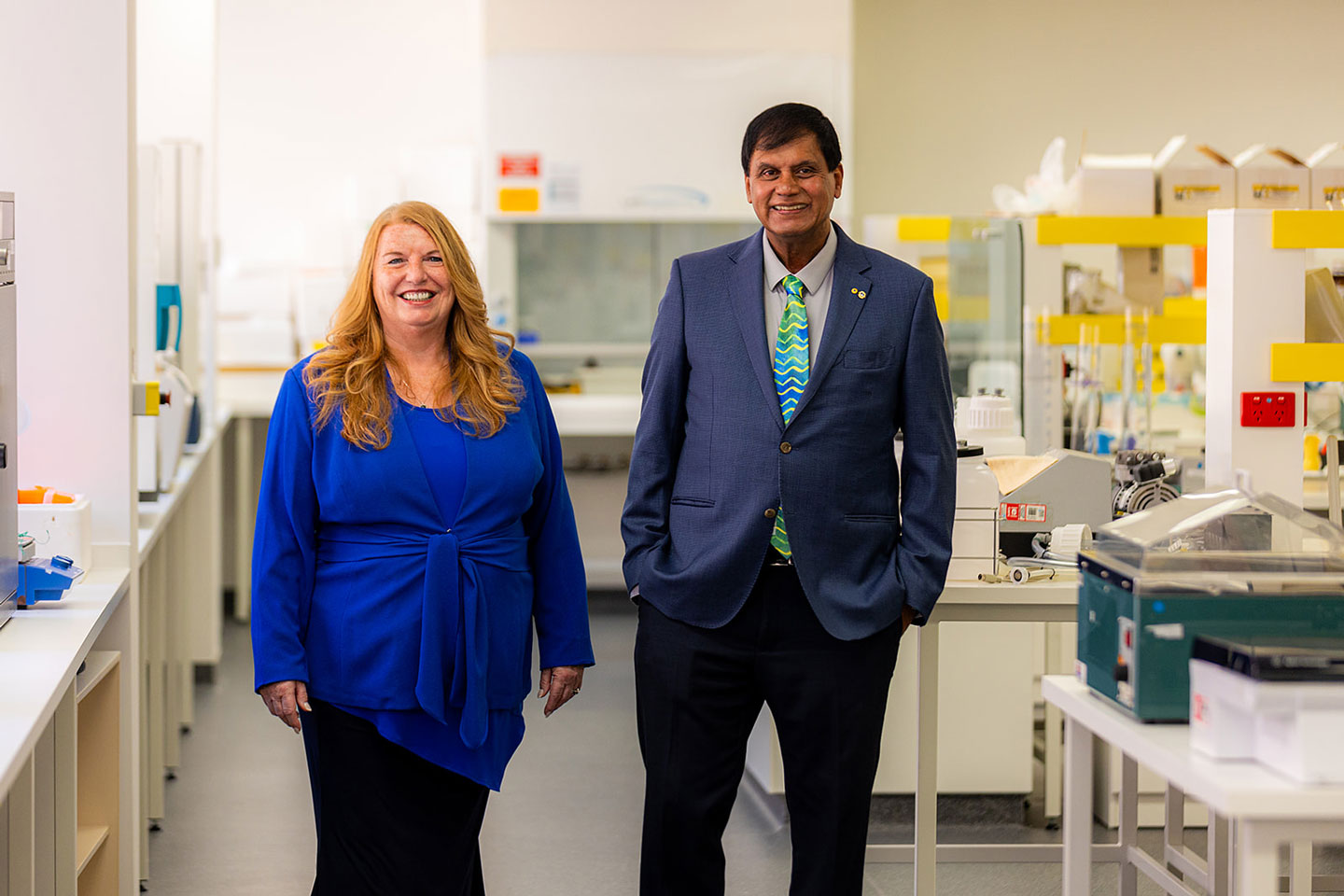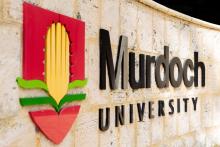

World Alzheimer’s Month was marked in September, with World Alzheimer’s Day on 21 September – an annual global campaign to raise awareness about a disease that affects millions worldwide.
The 2025 theme, Ask About Dementia, Ask About Alzheimer’s, carries a strong call to action encouraging people across all ages to start conversations, challenge assumptions, and normalise questions about dementia and Alzheimer’s disease.
Rethinking Alzheimer’s
Too often, Alzheimer’s is framed as a disease of old age. Yet the pathological processes of dementia begin decades before clinical symptoms appear. Early detection is increasingly recognised as essential to preventing or slowing decline.
This year’s theme emphasises that shift, highlighting the value of early engagement and avoiding silence and stigma. It also means recognising how Alzheimer’s touches younger adults, carers, and employees across all ages.
Alzheimer’s is not just a health issue in later life, but one that has implications across age groups and the workplace.
For the corporate world, this reality carries weight. Ageing workforces, employees balancing caring responsibilities, and businesses reliant on human capital and wellbeing are all exposed, directly and indirectly, to the socio-economic burden of dementia.
Employers can play a role not just in support, but in awareness, helping with early detection, and funding research that could yield treatments to alter the trajectory of Alzheimer’s.
Research initiatives
Alzheimer’s Research Australia is deeply aligned with this focus, with its programs built around early detection, prevention, treatment innovation, along with the opportunity to better understand the pathogenesis of the disease.
One example is the WA Memory & Ageing Study (WAMS), initiated by Professor Ralph Martins AO. Since 1996, WAMS has followed more than 1,200 individuals at roughly 18-month intervals, with clinical assessments, imaging, biomarker collection, and tests of memory and thinking. Its goal is to identify early changes that may signal risk of Alzheimer’s.
Another breakthrough is the McCusker Subjective Cognitive Impairment Inventory (McSCI), developed with Murdoch, Edith Cowan and Macquarie Universities. Published in Age and Ageing, the tool distinguishes people with serious subjective cognitive decline with very high accuracy. Designed for practical use by GPs and specialists, it speaks directly to the need for early screening.
The Therapeutic Goods Administration recently approved a disease-modifying treatment, donanemab, for early Alzheimer’s – a national milestone.
As Professor Vicky Vass, CEO of Alzheimer’s Research Australia, noted: “For the first time, people living with early-stage Alzheimer’s have access to a treatment that targets the disease itself, not just the symptoms.”
Professor Martins added, “This news is a game changer. It represents a scientific breakthrough and underscores the importance of investment in research and innovation.”
Bringing the workplace on board
The theme Ask About Dementia, Ask About Alzheimer’s is a call to action for everyone, especially organisations.
As research becomes more ambitious and translational – moving from lab to clinic to community – funding gaps inevitably emerge. Corporate sponsorship and funding impactful research is one of the most powerful ways to contribute.
Corporate sponsors can accelerate breakthroughs, fund trials, and help bring early detection tools such as McSCI or olfactory tests into wide use. Research shows that loss of smell can precede memory symptoms by years, making olfactory testing a valuable and accessible tool for early detection.
Workplace awareness programs are an excellent avenue. Educating staff, managers and HR about early signs of dementia, risk factors – including those affecting middle-aged workers – and how the organisation supports employees who are carers or experiencing cognitive decline themselves can make a measurable difference in workplace culture.
Workplace giving and volunteerism also matter. Alzheimer’s Research Australia offers corporate partnerships that include workplace giving and team volunteering – both effective ways to build morale, deepen brand values, and drive engagement.
Supporting research participation is another tangible step. Many programs rely on volunteers – people living with dementia, carers, and those with memory concerns. Companies can facilitate involvement through flexible leave, community engagement, or awareness raising events among employees.
Corporate sponsorship
For businesses, supporting Alzheimer’s research and awareness is not only a philanthropic gesture. It offers strategic value, building corporate reputation, aligning with ESG goals, strengthening employee loyalty, and demonstrating social purpose in a tangible way.
In industries such as health, aged care, insurance, finance and technology, there is also a direct link between Alzheimer’s research outcomes and business risk, cost or innovation potential.
Professor Martins has long argued that early diagnostic tools – whether blood biomarkers, cognitive screens, or imaging – can only make an impact if they are affordable, scalable, and integrated into broader health systems. Without strong funding and corporate support, even the best science can remain locked away.
Joining the conversation
Alzheimer’s Research Australia is calling on corporate Australia to step into the conversation. Sponsoring scientific research is one avenue, providing funds to support projects, trials and infrastructure that can drive early detection, prevention and treatment – and help translate them into accessible tools.
Another is partnering in awareness campaigns, using corporate reach, communication channels and influence to normalise conversations about dementia in workplaces and communities.
Employers can also support workforce health and carers by implementing policies that encourage early detection, provide flexibility and mental health support, and recognise that Alzheimer’s does not wait until retirement.
Finally, companies can help promote participation in research, encouraging employees to volunteer or enrol in studies, and in doing so give voice to those living with dementia or caring for someone with it.
As Professor Vicky Vass said, “We are thrilled to see new treatments become available. This is a major milestone. With dementia very recently recognised as the leading cause of death in Australia, this approval brings renewed urgency to advance research, accelerate diagnosis, and improve outcomes.”
Professor Ralph Martins added, “Early diagnosis of Alzheimer’s is essential for treatments to be effective. Continued investment in medical research is critical to discovering new treatments and ultimately a cure for all forms of dementia.”
World Alzheimer’s Month 2025 is not just about memory loss in older age – it is a global reckoning of how society, the workplace, health systems and business view Alzheimer’s.
The theme Ask About Dementia, Ask About Alzheimer’s invites corporate Australia into the conversation. For Alzheimer’s Research Australia, this is an opportunity to partner with businesses not only to raise awareness, but to power scientific progress, early detection and better care for people of all ages.













